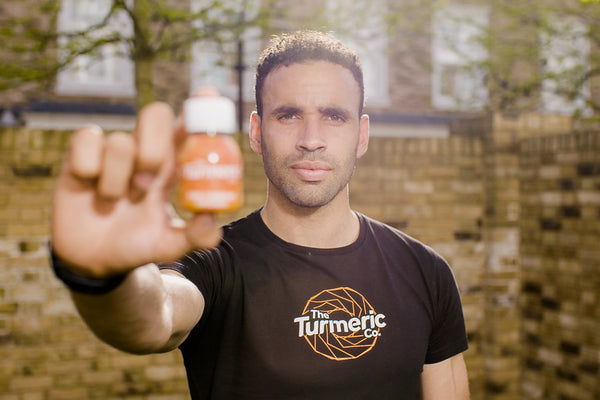Do any joint supplements really work? Why aren’t my vitamin D supplements working? Do collagen supplements work or not?
If you find yourself constantly asking these types of questions, this blog is for you!
What are supplements?
Supplements are dietary substances that are designed to provide additional nutrients that may not be obtained through a regular diet.
From pills to shots, these little nutritional helpers come in all shapes and sizes, and may contain a variety of vitamins, minerals, herbs, and other compounds.
But if you’re questioning whether they’re making a difference, they probably aren’t!
Read on to explore some of the reasons why your supplements may not be working as expected:
1. Poor Quality Supplements
One of the most significant factors that can hinder the effectiveness of a supplement is poor quality. The supplement industry is not well regulated, and there are many low-quality products on the market.
These products may contain ineffective or even harmful ingredients, and their dosages may be inaccurate.
So remember to do your research and choose high-quality supplements from reputable manufacturers!

2. Inadequate Dosage
Even if you choose a high-quality supplement, it may not be effective if you do not take it in the right amount!
Taking too little of a vitamin or supplement may not produce the desired effect, whereas taking too much can lead to unwanted side effects - this is often the case when taking generic multivitamin tablets.
To get the most out of your supplement, always follow the recommended dosage guidelines. If you're confused about how much of each vitamin you should be taking, consult with a medical professional who will be able to guide you.

3. Wrong Timing
Believe it or not, but timing is another essential factor that can affect the effectiveness of a supplement.
Some supplements work best when taken with food, while others work better on an empty stomach. Additionally, some supplements may interact with other medications or supplements, making it important to take them at the right time.
Be sure to read the instructions carefully and follow the recommended timing guidelines to make sure that your supplements work.

4. Poor Diet and Lifestyle Habits
It's important to remember that supplements are designed to supplement a healthy diet and lifestyle, not replace proper foods.
If you are not eating a healthy diet or engaging in regular physical activity, supplements may not be as effective as you want.
A poor diet lacking in essential nutrients (proteins, carbs, fats, minerals, vitamins and water) can limit the effectiveness of supplements designed to fill the nutritional gaps - a healthy diet and lifestyle habits can actually enhance the effects of supplements!

5. Underlying Health Conditions
Supplements may not work as expected if you have an underlying health condition.
Some health conditions may prevent your body from absorbing or utilising the nutrients in the supplement. For example, if you have a digestive disorder, you may not be able to absorb the nutrients in a supplement properly.

Although supplements can be an effective tool for promoting health and wellness, they are not a magic solution!
If you are not seeing the desired results from your supplement regimen, consider the factors discussed above, and make the necessary adjustments.
Remember, supplements work best as part of a comprehensive health and wellness plan that includes a healthy diet, regular exercise, and adequate rest.

The Hal Robson-Kanu Guide To Fitness & Nutrition
Gain exclusive insight into habits that will make every day a healthy and fulfilling one.













